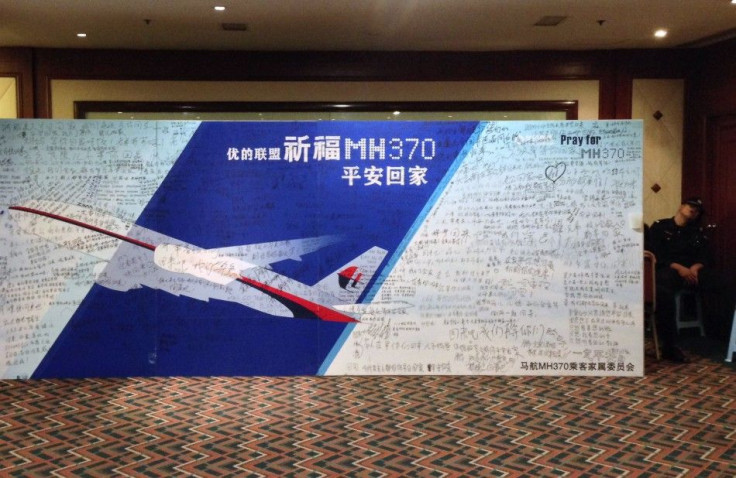‘Edited’ MH370 Satellite Data Released, Accused of Lacking ‘Transparency’

Malaysian authorities released the raw satellite data for the missing flight MH370 on Tuesday, May 27. However, the 47-page report faced instant criticism for lacking essential elements to make it eligible for scrutiny by external experts. It may be nearly impossible for an outside authority to determine if the report is good enough or not.
TIME reported that the satellite data revealed that MH370 ran out of gas and crashed in the Indian Ocean. The plane started in Kuala Lumpur with 239 people on-board and was on its way to Beijing on March 8, 2014. However, the plane disappeared in thin air around 40 minutes later in a mysterious manner. There is still no trace of the plane. Nor is there any debris found to confirm the crash.
The report is based on a communication log between Malaysian Airlines and the satellite system of the British company Inmarsat. There are thousands of lines in the report but the information provided in it may not be enough to come to a conclusion. Richard Quest of CNN was given an exclusive access to the satellite experts who did the ground-breaking work. Quest expressed his doubts about how accurate the report was.
Inmarsat extracted the lines from the original logs that it thought to be crucial and published it with an analysis and explanation. The raw computer pages were not published. Therefore, it opened the doors of speculations if the authorities released only what could justify their claims. Whereas Inmarsat claimed that no important information was left out, the authorities failed to be transparent, which mattered the most in this case. "The goal of publication is transparency, not verification," Quest said.
Malaysian officials said earlier in May that the government did not have the data. Inmarsat, on the other hand, said that it provided everything "at an early stage in the search." Inmarsat Senior Vice President Chris McLaughlin said that the company had shared in the information it had. "It's for the investigation to decide what and when it puts out," McLaughlin said. However, a senior official from Malaysia said that the government did not have the data "in a presentable way." "We have no issues releasing the data," the official said.
Download the report HERE.





















